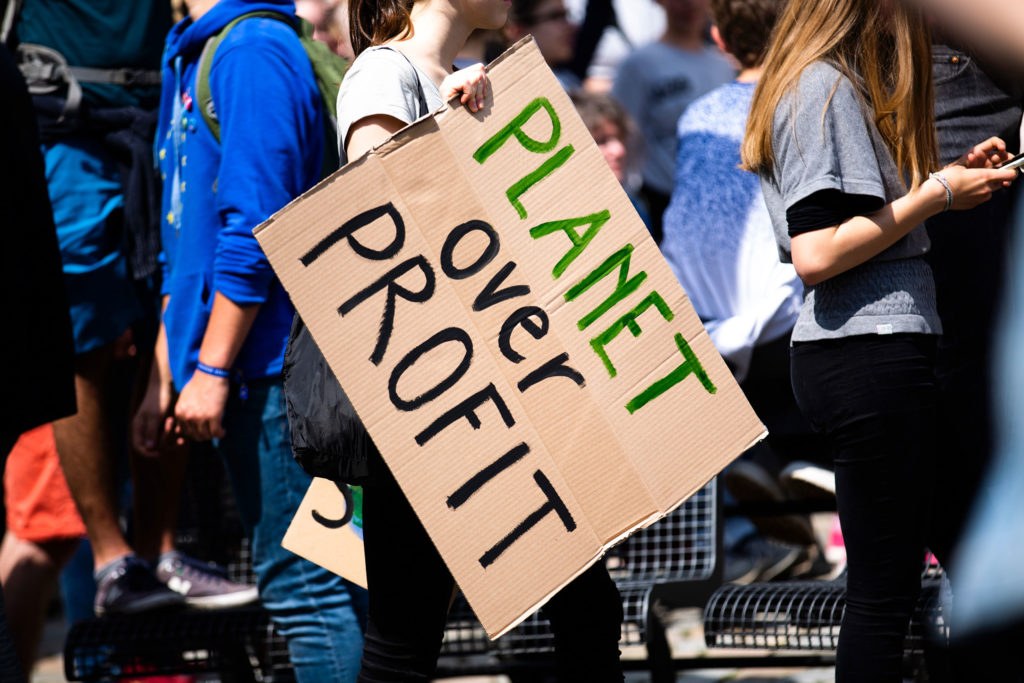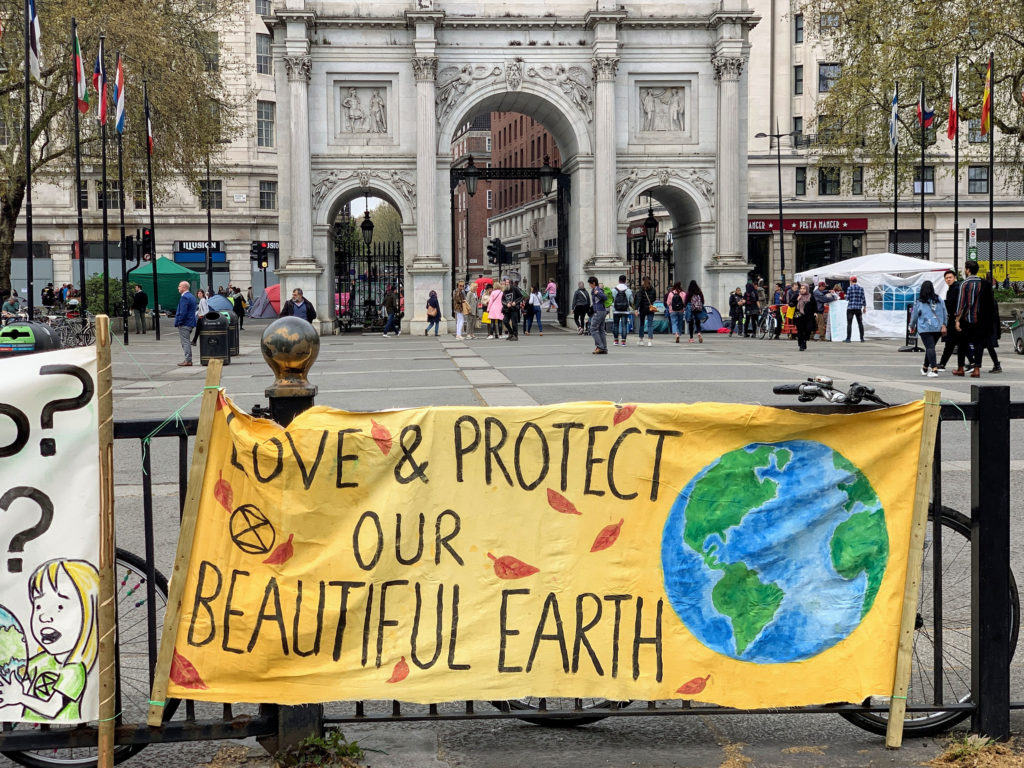Youth climate activists around the world are planning a Global Climate Strike during the week of Sept. 20-27 to demand action on the climate crisis. Millions of people could join the protest. Ahead of the strike date, we asked several UBC experts who work in climate-related fields for their views on climate change action.
If you were to recommend one policy action to address the climate crisis, what would it be?
Juan Jose Alava studies and conducts modelling to understand the interactions of climate change and pollutants in marine ecosystems and food webs.
I would push for a policy action fostering and implementing the production and use of green, cleaner and more sustainable energy based on a long-term, oil-free economy to reduce our CO2 emissions and carbon footprint. These changes can proactively start by changing our food consumption preferences and transportation behaviour, from the individual level through to sustainable communities, industrial transitions and bold decisions by the government.
Patrick Baylis is an environmental economist who studies how people are impacted by climate change and how they respond.
I would recommend a carbon tax set at a level that reflects the best available evidence on the full cost of climate change. The proceeds from the tax should be redistributed to ensure that lower income members of society are shielded from the negative impacts of the tax, and to provide temporary assistance and job training for workers in carbon-intensive industries who may face employment challenges as a result.
Kai Chan is a sustainability scientist, trained in ecology, policy and ethics who strives to understand how social-ecological systems can be transformed.
Addressing the climate crisis appropriately will require a wholesale transformation of our economy, which will take a bevy of policies carefully designed to interact synergistically. Key pieces include substantial carbon pricing (more than $100/tonne), eliminating fossil fuel subsidies, and zoning and infrastructure investments that create easy compact communities.
However, effective and efficient climate policy doesn't necessarily sell politically, so what we need is politically enticing climate policies. I'd suggest establishing a credible national system of greenhouse gas accounting and offsets, and giving individuals and corporations tax credits for being climate-neutral. This way, substantial money is leveraged for climate action at little cost to the government, without the flavour of a "tax", all while deftly encouraging changes in business and lifestyles.
Simon Donner is an interdisciplinary climate scientist who studies how climate change effects society and the environment.
Climate change is a collective action problem that won't be solved by any one policy. But if I can only choose one for Canada or the U.S., it would be to create proportional voting systems, such that every person in each country has an equal say in the federal leadership. Most people in North America want climate action-our governments should reflect that.
Hadi Dowlatabadi and his team are researching ways to design sensible paths towards a sustainable future. He has studied climate change and its solutions since 1986.
I would push for harmonized public investment in public transit and urban development. More and more people live in cities, but we are short of affordable housing. In response, people have developed low-density homes further away, making it expensive to provide frequent public transit. If housing policy, development policy and transit are harmonized, we can bring about more compact cities, with affordable living costs and efficient and inexpensive public transit. This triple win can reduce greenhouse gas emissions by 40 per cent and will help address key underlying challenges our society needs to solve.
Kathryn Harrison studies Canadian politics, environmental politics and climate change policy.
Canada must acknowledge and begin to plan for the decline of our oil industry. The oil sands are the leading source of Canada's emissions growth. How will we meet our Paris target, let alone the much deeper reductions needed, if those emissions continue to grow? In addition, Canada is uniquely vulnerable to other countries efforts to reduce their consumption, because our oil is relatively costly and carbon-intensive.

Credit: Markus Spiske/Unsplash
George Hoberg has been working on environmental policy and governance for more than three decades.
It's not about one or several big policy ideas; it's about a comprehensive economy-wide transformation comparable to mobilization for war. We did it effectively during World War II, and we need that scale and urgency of mobilization again. We don't need to fear this rate and breadth of change, although there will be many challenges. It's a great opportunity for collective growth-a grand societal project.
Milind Kandlikar focuses on the relationship between climate mitigation and air quality improvement.
I would choose a globally harmonized carbon tax, preferably applied upstream, at the point of fossil fuel production-coal mines, natural gas plants and refineries. The tax would be substantial ($100/tonne of carbon or more) so as to have an impact on fossil fuel use. Tax revenues would be recycled into the economy through a tax swap/consumer dividend, investments in low carbon technologies or by making financial transfers to help those most affected, primarily in the developing world.
Stephen Sheppard, a professor in the department of forest resources management, works with research scientist Deepti Mathew Iype in developing community mobilization tools around climate change. Here's what they had to say:
We need to develop a social mobilization plan to engage citizens and youth and motivate positive action in every neighbourhood. This plan could share proven tools like the Citizen's Coolkit and encourage local champions to spark a vision for climate-proofing their own blocks, with guidance and support from local government and funded NGOs. Vancouver alone has 4,600 city-blocks - all of them will need to be mobilized if we are to achieve 80 per cent reduction in greenhouse gas emissions in B.C. and a 100 per cent switch to renewable energy sources in Vancouver by 2050.
Hannah Wittman works with farmers to transition to agroecological farming practices that "feed the world and cool the planet."
We should place a luxury tax on fossil fuel inputs to the agricultural industry. Fossil fuel driven agriculture is highly subsidized, particularly for empty calorie crops such as soy and corn, leading to both a public health crisis and a climate crisis. Policy should support agroecological systems instead, which reduce fossil fuel use and promote diversified food systems that are better for people and planet.

Credit: John Cameron/Unsplash






